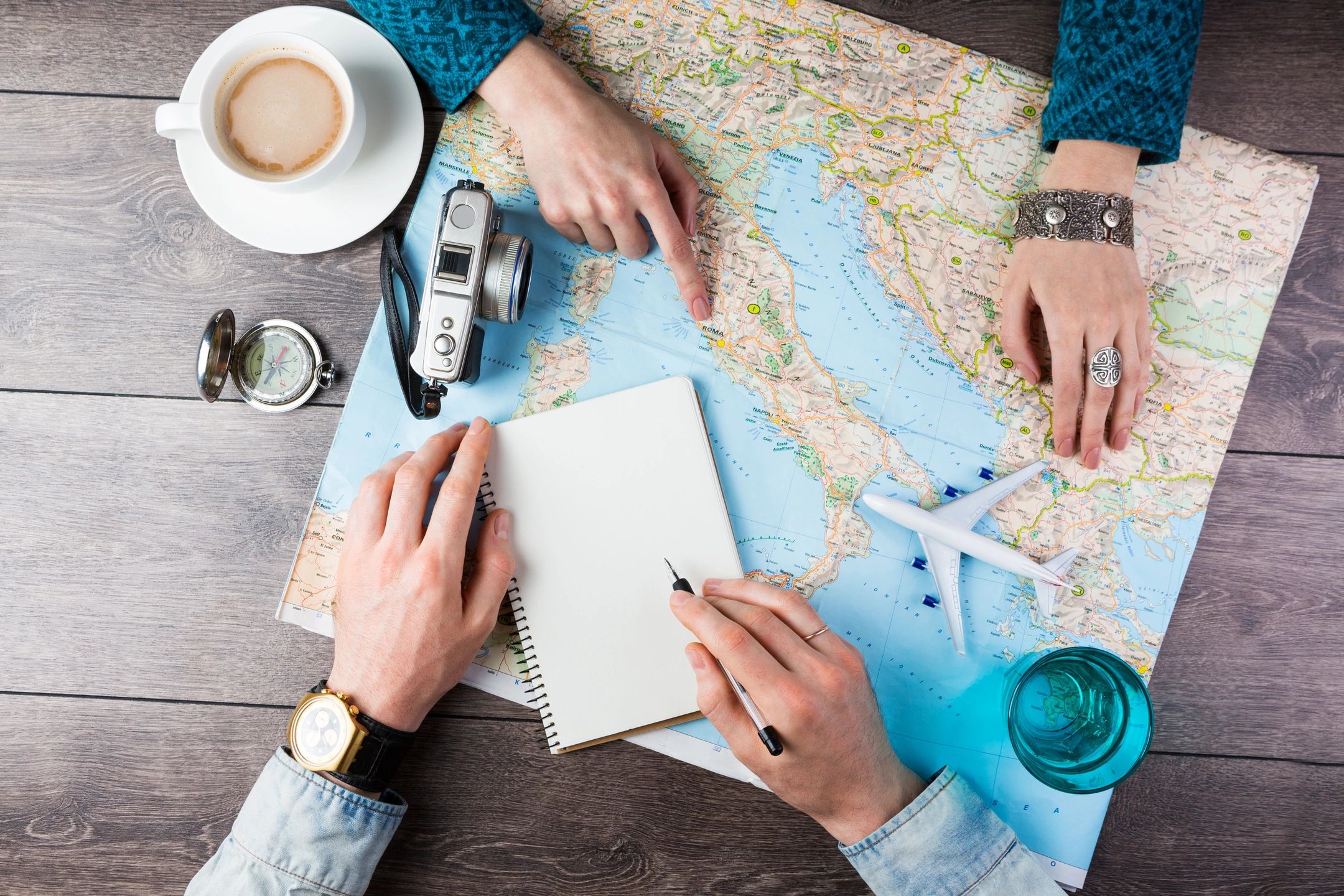
United in Diversity
By Omoye Jennifer Lawal, BA
With the Olympics set to commence in just a few days, one can’t help but think of this as a festive occasion that celebrates excellence in athletics, and one that showcases various cultures with immense pride. Our traditions and cultural identity often bring us together, yet it happens they also set us apart. Culture can mean many things to different people: it can be your language, your food, your clothing, your religion, your ethnicity, etc. Thus, understanding culture in relation to one’s family background, heritage, language, beliefs, and perspectives in a pluralistic society can give us a sense of personal identity; an identify that promotes individuality and the need to be different. Nonetheless, it is also important to understand and appreciate the culture of those around us, as this is an important step in bridging differences and resolving conflicts. With everything going on around the world today, it is easy to want to identify with ‘your own group’, knowing this creates a sense of belonging and safety. But whether you live in rural Illinois, central Chicago, or anywhere around the globe, our goal is to work towards establishing relationships with people – people who all have cultures. Contact us for more inquiry.
- First, living in a country that could easily be considered the most diverse country in the world, and being able to understand and relate to those with different backgrounds creates a sense of belonging and inclusion. Hence, providing a sense of security, which creates opportunities to build and foster relationships with people different from ourselves.
- Secondly, acknowledging the breadth of cultural identity is crucial to any efforts to move beyond racism, sexism, -ism, etc., and to bring about reconciliation between cultural groups.
- Thirdly, understanding others with different cultural identities makes possible for a better knowledge of oneself, as individuals are defined in relation to other people-both individually and collectively.
- Lastly, the important thing to remember is that everyone, no matter what their cultural background, has different opinions, habits and ways of life. The quicker we accept that everyone is different, the easier it becomes to understand and embrace our cultural differences.
- Become self-aware by working out your own beliefs, values and personal biases. In doing this you are able to think about how these personal traits might impact on your approach to understanding. Cultural differences.
- Do your own research. Learning about different cultures can be a great way of developing an understanding of cultural diversity. Engage in a bit of research either online or through books and study some of the history and traditions of other cultures.
- Talk to someone from a different cultural background, and try and get to know them a bit better. You don’t necessarily have to ask them directly about their culture, but by getting to know them you’ll automatically find out more about their life and experiences.
- Travel! One of the best ways to experience and understand other cultures is to actually live among them.
- Just be more accepting. Sometimes it’s not that easy to gain an understanding of cultural difference for whatever reason. In these situations the best approach is just to accept that some people are different and that’s ok.